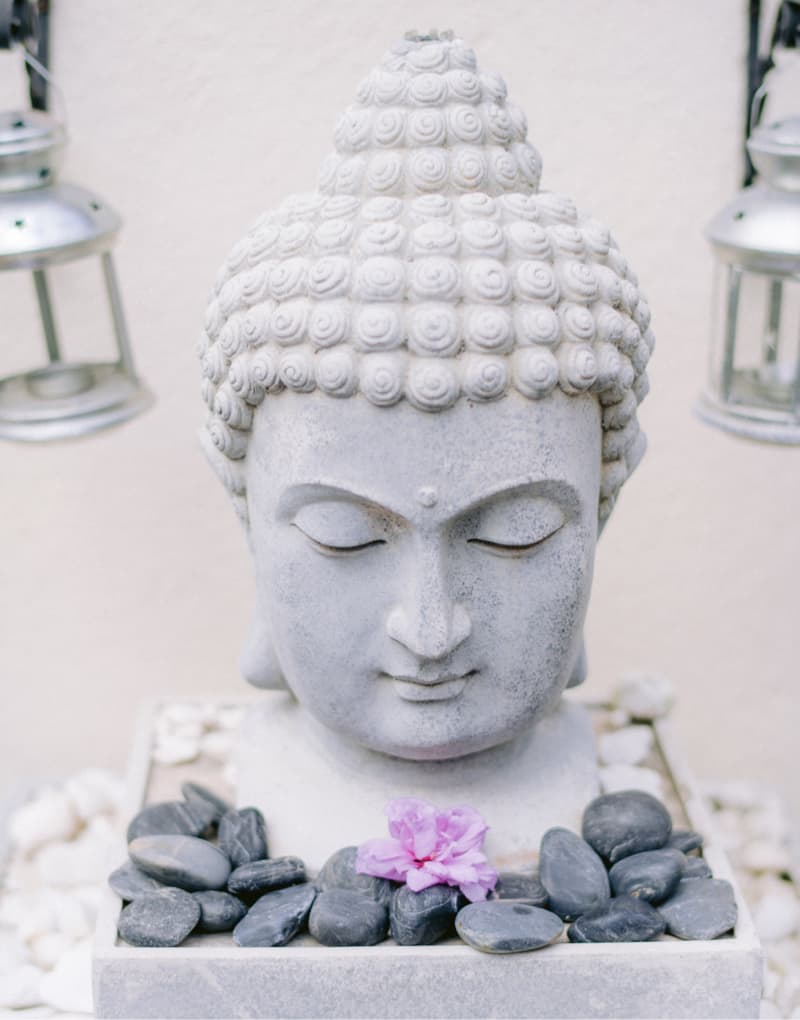
Anxiety
Spa OVARIUM
Anxiety !
By Guylaine Fortin
Feeling overwhelmed by anxiety? You’re not alone! In Quebec, one in two people report feeling anxious, and women are twice as likely to experience anxiety as men. These statistics, derived from a 2019 survey conducted by Léger, reflect a steadily increasing level of anxiety over the past 30 years. The ongoing pandemic, unjustifiable war, and climate crisis certainly do not contribute to our peace of mind.
Despite what some might claim, there is no miracle cure for anxiety. It can take time to find a method or resource that works among the myriad of available options. Recognizing one’s anxious state is the first step. From there, we can try to self-monitor, to act as our own guardian angel, much like we would with a child to protect them from a perilous situation. Being kind to oneself involves accepting one’s vulnerability, listening to oneself, and finding ways to minimize the effects of anxiety.
Adopting a balanced lifestyle should be our first reflex:
- Sleep 7 to 9 hours per night and maintain regular hours
- Follow a healthy and balanced diet
- Respect your limits, do not push your body beyond its capacities
- Avoid psychoactive substances such as caffeine, alcohol, nicotine, and drugs
- Engage in activities that boost morale (sports, gardening, artistic creation, etc.)
- Practice relaxation, yoga, or meditation
- Limit anxiety-inducing situations as much as possible
- Trust others, share your emotions with a close friend or health professional
A promising study on anxiety research
A study on floatation therapy published in 2016 by a team of Swedish scientists from Karlstad University offers a glimmer of hope. The experiment involved a sample of 50 people divided into two groups: the first served as a control group, while the other half benefited from twelve floatation sessions spread over six months. The participants, aged 18 to 65, all suffered from generalized anxiety, some level of depression, insomnia, and difficulty regulating their emotions. Unsurprisingly, no changes were recorded in the control group. However, anxiety symptoms were significantly reduced in the treatment group, with one in three patients reporting complete remission by the end of the experiment. Interestingly, it was the patients with the most severe anxiety symptoms who reported the most beneficial effects.

Disconnecting from the outside world to calm our mind
According to several studies, anxiety is triggered by excessive stimulation of various parts of the brain, leading to the release of cortisol, the stress hormone, throughout the body. Cortisol not only induces anxious thought patterns but also raises blood pressure and heart rate, and can even slow down or alter the functioning of certain organs.
The basic principle of floatation therapy lies in the near-total reduction of sensory stimuli. After a few moments of floating in water maintained at the same temperature as the skin, free from external interferences, the sense of space and time diminishes, and the mind calms. This induces a state similar to that provided by meditation. This deep calm allows hormonal glands to return to their normal state, restoring balance or homeostasis.
A potential to explore
The results of several studies suggest that floatation sessions could become an interesting option to add to treatments for generalized anxiety. Even more promising, researchers hypothesize that this reduction of external stimuli could be beneficial for treating not only psychological conditions but also overall well-being, as they observe a considerable reduction in other variables such as sleep and mood disorders, except for depression, where levels vary little or not at all. Notably, participants report no significant adverse effects.
Further experiments will need to be conducted to document these results more thoroughly, but for now, most data seem to converge in the same direction, offering a glimmer of hope to those living with anxiety.
References :
https://ici.radio-canada.ca/nouvelle/1246446/anxiete-sondage-leger-quebec
https://plus.lapresse.ca/screens/234b71b5-08a0-4555-b9f6-69c83714488a__7C___0.html


